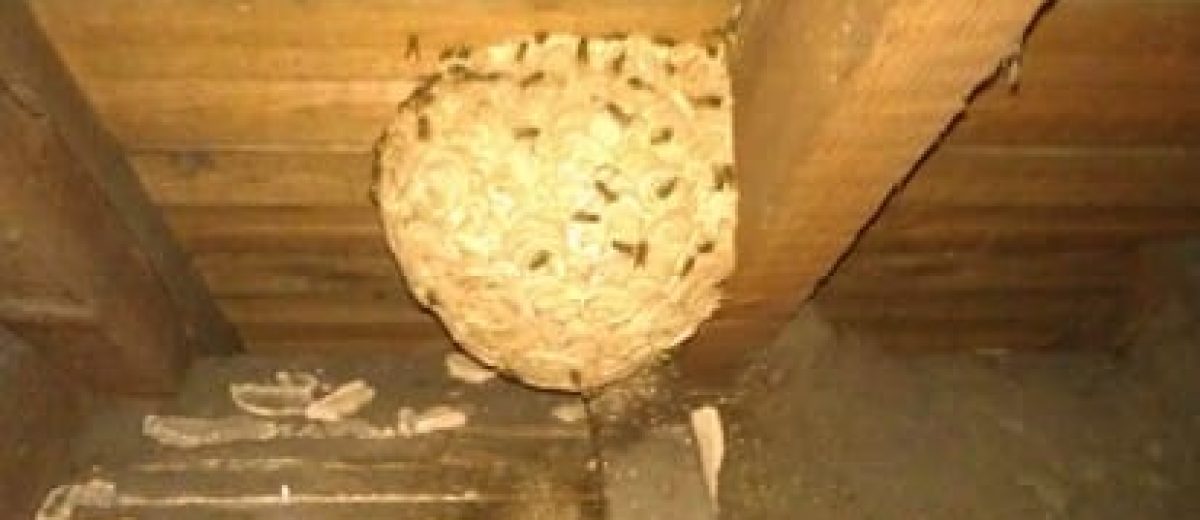Wasps are a common sight in the UK, especially during the summer months. While these insects play a crucial role in the ecosystem, they can become a nuisance and even a danger when they build nests near homes and businesses. In this guide, we will explore everything you need to know about wasps, including how to identify different types, what to do if you get stung, and effective methods for getting rid of wasps and their nests.
Understanding Wasps and Their Behaviour
Types of Wasps in the UK
The UK is home to several species of wasps, including the common wasp (Vespula vulgaris) and the German wasp (Vespula germanica). There are also less common species such as the wood wasp, which does not sting, and the black wasp. Identifying the type of wasp you are dealing with is crucial for effective pest control.
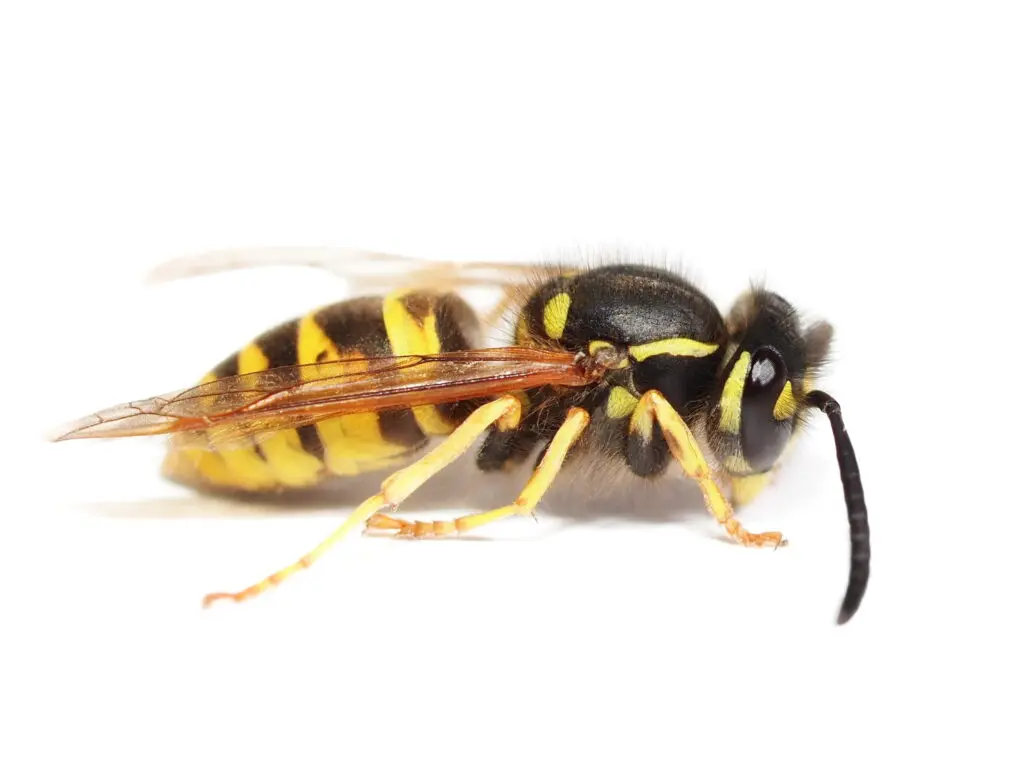
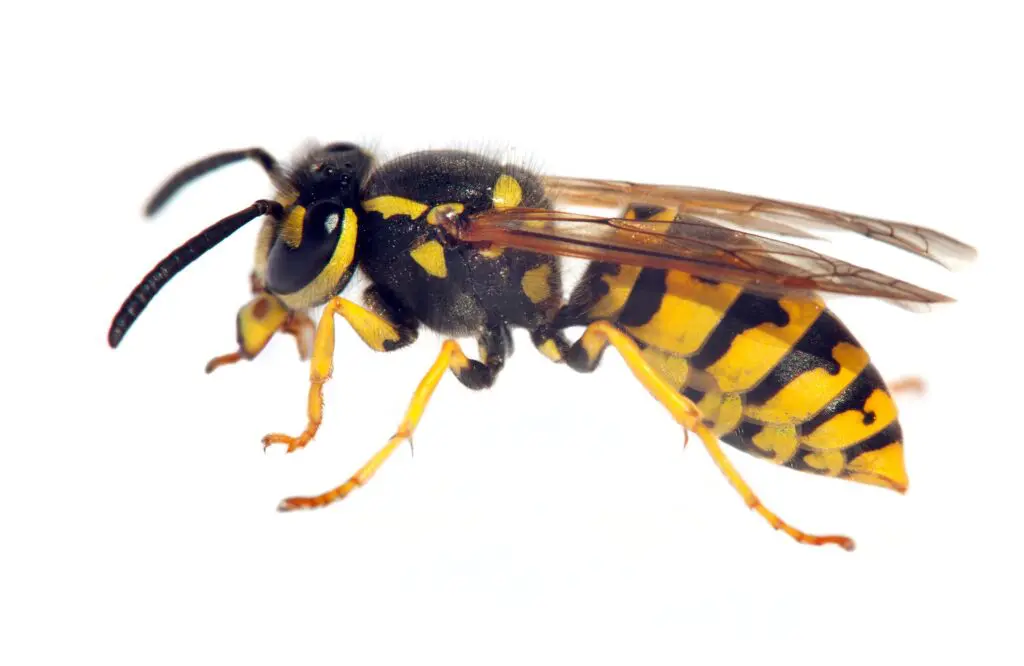
The Role of the Queen Wasp
The queen wasp is responsible for laying eggs and establishing new nests. During the winter, the queen hibernates, usually in a sheltered location such as a tree bark or attic. When spring arrives, the queen emerges from hibernation to start a new colony. She begins by building a small nest and laying eggs, which hatch into worker wasps that continue to expand the nest.
Do Wasps Return to Previous Nests?
Once a wasp nest has been abandoned or destroyed, wasps do not typically return to it. Each spring, the queen wasp seeks out a new location to build her nest. Old nests are not reused; instead, new nests are constructed from scratch each year. However, wasps may build new nests in close proximity to old ones if the area provides suitable shelter and resources.
Understanding the life cycle of the queen wasp and the habits of wasp colonies can help in preventing future infestations. Regular inspections and prompt removal of small nests can discourage queens from establishing larger colonies near your home or business. For effective wasp control and nest removal, professional pest control services can ensure that the problem is thoroughly addressed.
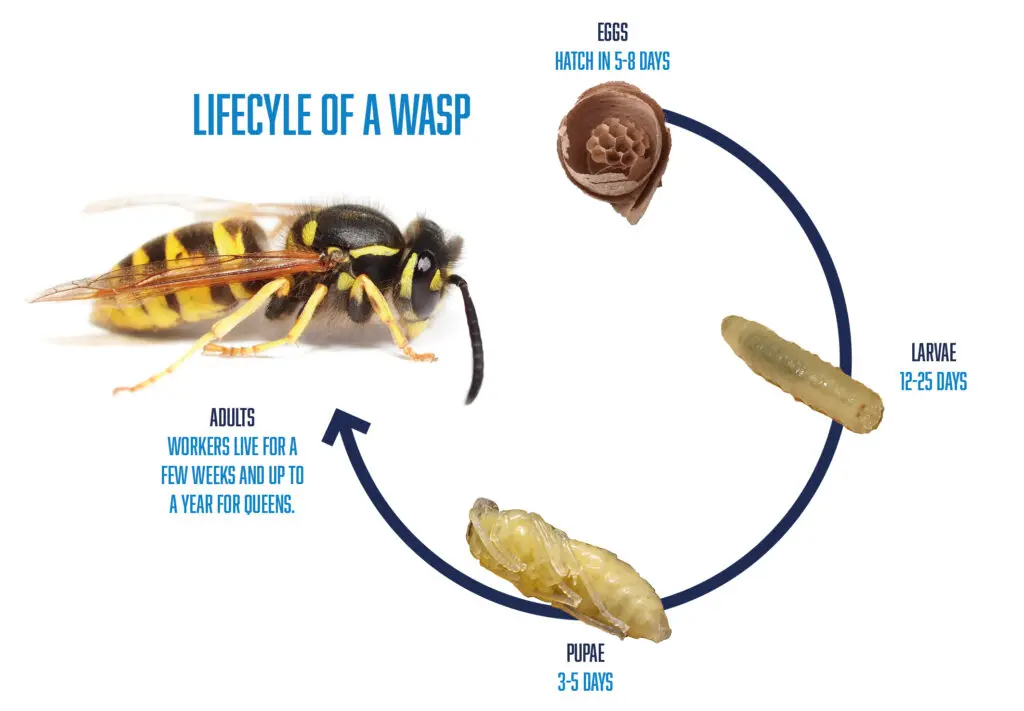
Dealing with Wasp Nests
How to Identify a Wasp Nest
Wasp nests can vary in size and location. They are often found in sheltered areas like roof spaces, wall cavities, and trees. A small wasp nest can quickly grow, so it’s important to address the problem early.
How to Get Rid of a Wasp Nest
Removing a wasp nest can be dangerous and is best handled by professionals. Our technicians will use specialist personal protective equipment (PPE) to ensure the safety of the technician during treatment. It is common for wasps to become aggressive during an insecticide treatment. The insecticide treatment will be carried out to ensure the wasp nest is fully treated whilst protecting any non-target species.
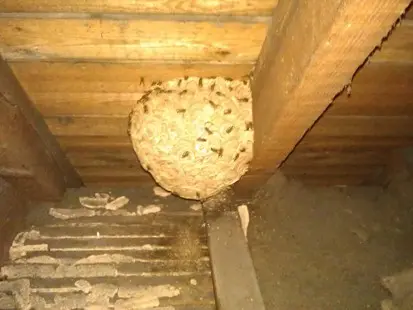
Wasp Stings: Prevention and Treatment
What Does a Wasp Sting Look Like?
A wasp sting typically results in a sharp pain, followed by swelling and redness. In some cases, it can cause an allergic reaction, leading to more severe symptoms such as difficulty breathing.
How to Treat a Wasp Sting
- Remove the Stinger: Unlike bees, wasps do not leave their stinger behind, so this step may not be necessary.
- Clean the Area: Wash the sting site with soap and water.
- Apply Ice: Reduce swelling by applying an ice pack to the area.
- Use a Pain Reliever: Over-the-counter pain relievers can help alleviate discomfort.
- Seek Medical Attention: If you experience severe reactions like hives, swelling of the face, or difficulty breathing, seek emergency medical help immediately.
Dealing with Wasps Near You
If you notice wasps frequently near your home, it could indicate a nearby nest. Regularly inspect your property and deal with any nests early.
For persistent or large infestations, it’s always best to consult with professional pest control services to ensure the safety and well-being of your household or business.
For expert help with wasp control in London and the South East of England, contact Beaver Pest Control. Our experienced team provides comprehensive pest control solutions to keep your environment safe and wasp-free.

